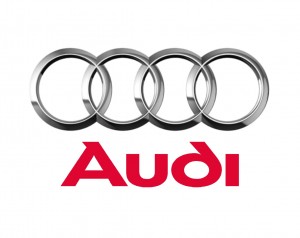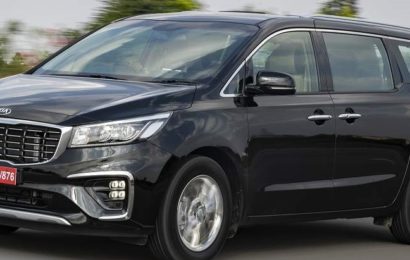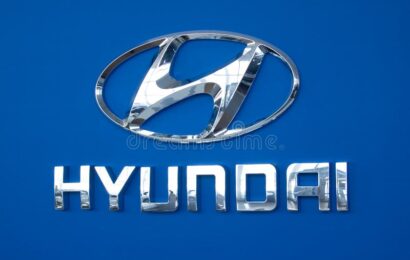
Audi has concluded plans to drastically reduce its fresh water consumption and the water used per produced vehicle by half by 2035.
Board Member for production and logistics, Peter Kössler, said “Wherever possible, we are already using recycled water that has been used multiple times in the cycle and treated. Our vision is to have closed water cycles at all our production sites.”
Under its ‘Mission:Zero’ environmental programme, the carmaker will stop using drinking water in vehicle production. The use of rainwater also will be increased at its other locations over the next few years.
In order to prioritise water conservation measures in a targeted manner, Audi uses a site-specific water value that puts the water withdrawal at the locations in relation to regional availability. Taking the regional circumstances into account allows measures to be implemented in areas where water is particularly valuable. This way, the ecologically weighted water consumption in production is to be reduced from the current average of around 3.75 cum to around 1.75 cum per produced car by 2035.
The automaker will establish a closed water cycle between the plant and the neighboring municipal treatment facility of the Unteres Sulmtal wastewater association at the Neckarsulm site.
Before the cycle and the associated construction of a new water supply facility can start, Audi is testing the procedure with a pilot facility. The water that returns from the treatment facility is fed into a container in the northern part of the plant premises, where it is treated for reuse in production by means of filter systems and membranes. The water quality is checked continuously throughout this process. The quality control also includes a laboratory analysis that determines the properties of the treated water every two weeks.
If the tests are successful, construction of the new water supply facility is to start in 2022, and the plant is to close this water cycle from 2025.
Audi further said its México plant is the first production site worldwide to produce vehicles without any waste water and has been doing so since 2018. The location uses treated water as service water, reuses it in production, or uses it to water the green spaces on the plant premises.





